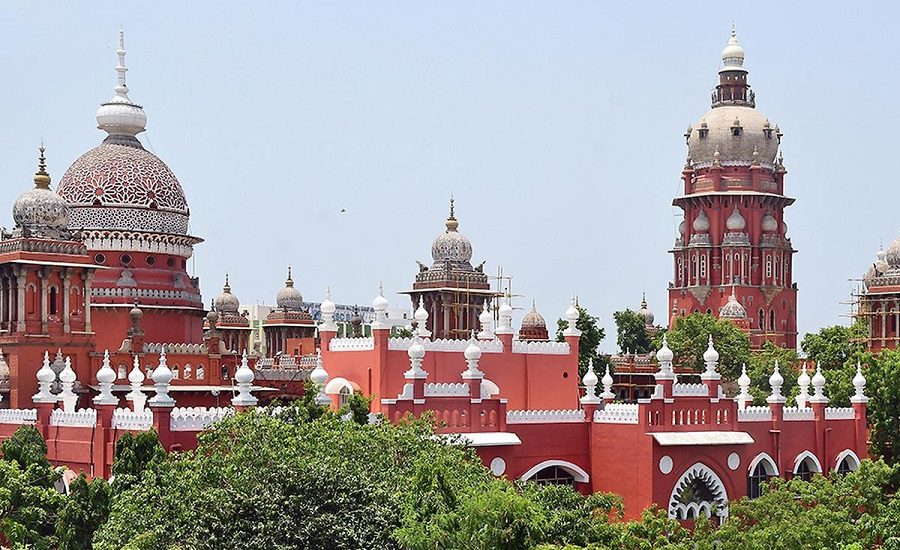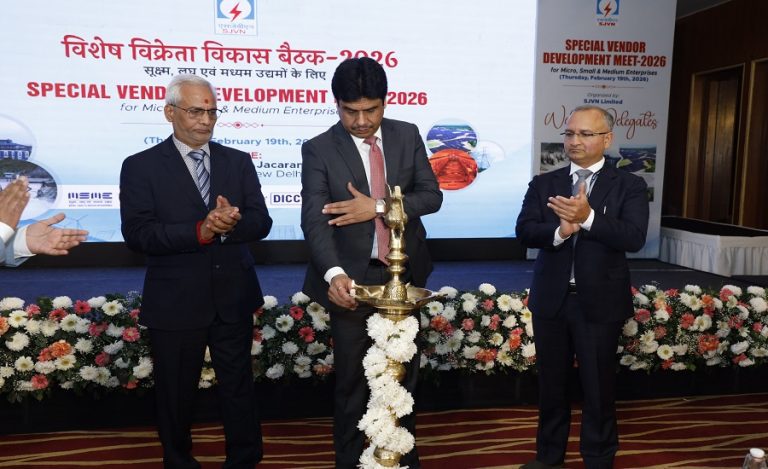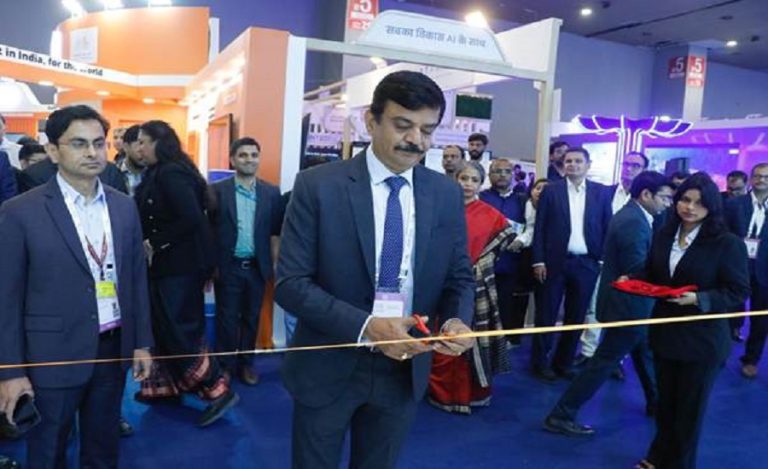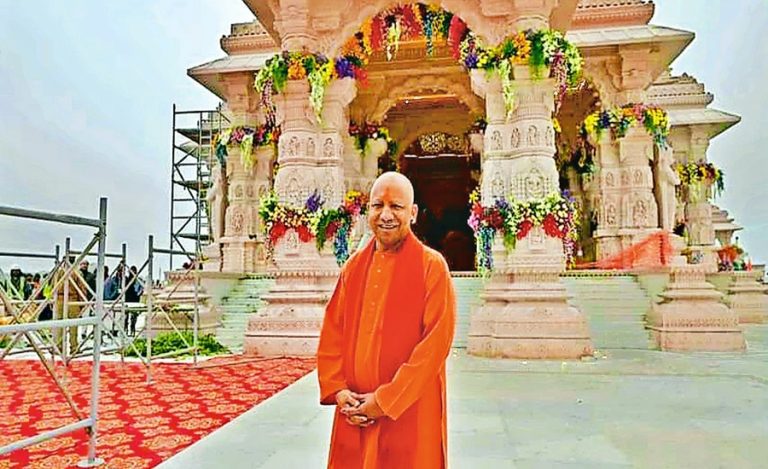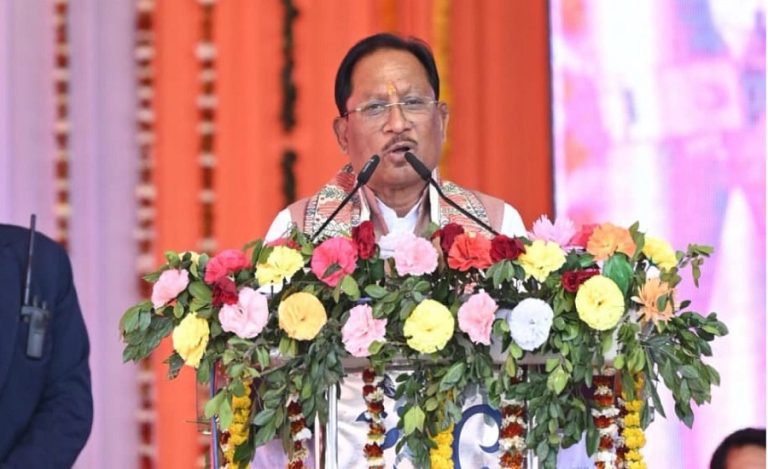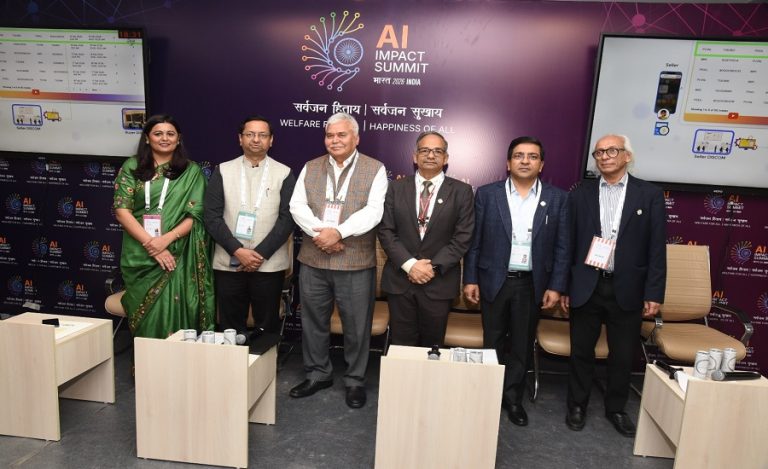Chennai— A controversial administrative decision by the Tamil Nadu government is now under judicial scrutiny, as a Public Interest Litigation (PIL) has been filed in the Madras High Court challenging the appointment of four senior IAS officers as official government spokespersons.
The petitioner, advocate M. Sathya Kumar, alleges that the move is not only unconstitutional but also legally unsound, as it was executed via a press release without any statutory or executive order backing it.
When Bureaucracy Meets Public Messaging
On July 14, the Tamil Nadu government took the unprecedented step of appointing four senior bureaucrats to speak on behalf of the government across a wide range of departments. The list includes some of the state’s most experienced officers:
- J. Radhakrishnan, CMD, TANGEDCO – to speak on Energy, Health, Transport, Education, and NRI Welfare
- Gagandeep Singh Bedi, Secretary, Rural Development – to represent Municipal Administration, Agriculture, MSMEs, and Environment
- Dheeraj Kumar, Additional Chief Secretary, Home – for Home and Prohibition & Excise
- P. Amudha, ACS, Revenue – for Disaster Management, Tourism, and Welfare portfolios
This is the first time in Tamil Nadu’s history that civil servants have been formally assigned spokesperson roles — traditionally reserved for elected officials or the Department of Information and Public Relations.
The Heart of the Legal Challenge
The PIL raises several core concerns:
- There is no legal framework (such as a Government Order, statute, or rule) supporting the appointments.
- The appointments, made via a press release, are administratively arbitrary and bypass due process.
- The role of a spokesperson carries inherent political undertones, which conflicts with the expectation of bureaucratic neutrality.
- Assigning this role to civil servants could be seen as an attempt to politicize the bureaucracy, particularly with Assembly elections scheduled in early 2026.
The petitioner argues that the move violates not only administrative conventions but also broader constitutional principles around the separation of powers and the non-partisan nature of civil service.
Political Context Raises Eyebrows
With Assembly elections just 10 months away, the timing of this decision has sparked speculation. Critics suggest that the government may be trying to streamline political messaging using the perceived objectivity and authority of senior IAS officers — potentially blurring the line between governance and electioneering.
A retired IAS officer, speaking on condition of anonymity, commented:
“The spokesperson’s role is to defend and promote political decisions — that’s not what the bureaucracy was built for. This could be a dangerous precedent.”
Awaiting High Court Review
The Madras High Court is expected to take up the PIL soon. The petitioner is seeking a judicial directive to nullify the appointments and restrict such administrative actions unless they are backed by proper legislative or executive authority.
The court’s ruling could have wider implications across India, especially as more governments experiment with alternative communication models in the digital age.
Read Also: 5 Tamil Nadu IAS Officers Undertake Social Service to Avoid Contempt, Serve Meals at Old Age Homes
What This Means Going Forward
If upheld, the PIL could reassert the apolitical role of civil servants and curb future attempts to deploy them in overtly political functions. On the other hand, a rejection of the petition might be seen as a green light for states to adopt new governance-communication models — though at the potential cost of administrative independence.

